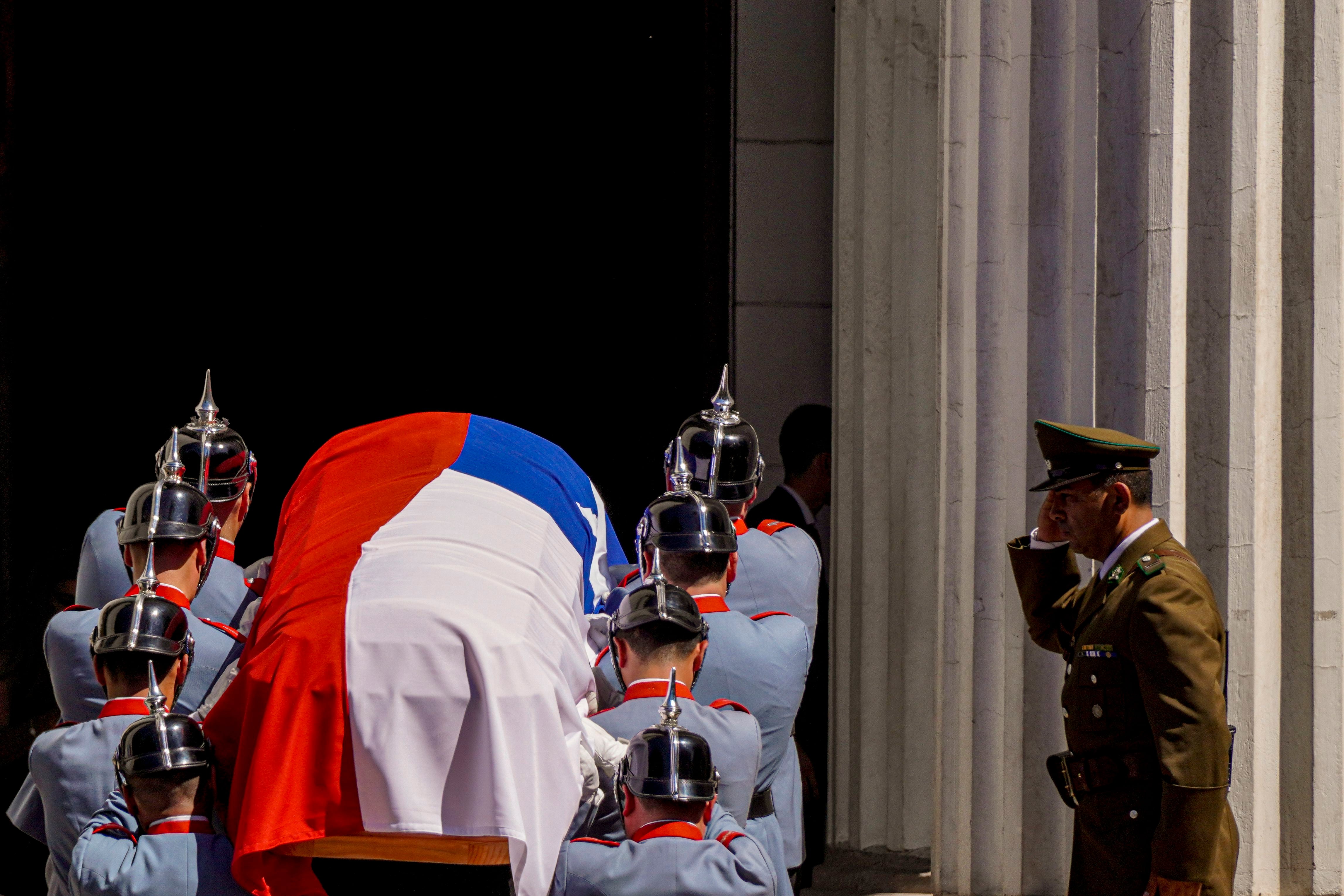
Invited to write about Sebastián Piñera, the first idea that comes to my mind is that we were very close not only due to the physical fact of having lived in the same country and belonging to the same generation, but also because of having known and suffered the same instabilities and conflicts that marked our lives from adolescence to late adulthood. A not easy relationship that, although it sometimes produced misunderstandings, never stopped us from talking about each other.
Sebastián Piñera came from an enlightened, middle-class family, imbued with the social-Christian ideals that predominated in Chile towards the end of the 1950s. Like his father, mother and several of his siblings, he believed in the idea of a revolution in freedom. He was a distinguished student in both high school and university and later in his doctorate at Harvard. From the beginning, his condition as an economist meant that both his concern for injustice (his collaboration with Sergio Molina's work on The Map of Extreme Poverty) and his interest in business activity coexisted in him. The balance between these two visions, which has never been easy, in 1980 Chile was impossible, as was shown by the fact that the mere announcement of voting against in the consultation with which Pinochet tried to legitimize his constitutional project in 1988, led to the dismissal of Piñera. of a recently won position as a bank manager.
In the following years we saw each other many times. It was not strange, therefore, that as the 1988 plebiscite approached, he asked him and a not very large group of young businessmen (fear was a living thing) to make an effort to raise funds for the very meager coffers of the Command for he does not. They did it.
But, in 1989, the paths of Piñera and those who fought to create the Coalition of Parties for Democracy diverged. I had to witness that breakup up close. In essence, Piñera believed that the alliance of socialists and Christian democrats would be neither lasting nor an effective response to the reconstruction of democracy. In both statements he was wrong.
But there was another bet that was close to being right. Piñera thought that the structure of the left and center-left parties would not allow the emergence of leaders like his and that there was more room in the recomposition of a right that, he believed, should shake off its heavy Pinochet burden. Faithful to this design, he claimed and obtained to be a candidate for National Renovation for senator for Santiago. A risky bet, like many of those that marked his life. He played and triumphed. It is then that with Andrés Allamand and several others, they created what was called The youth patrol, a group that aimed to create a right wing distant from Pinochet, committed to liberal democracy and that would be a non-cerebral opposition to the governments of Patricio Aylwin and Eduardo Frei Ruiz-Tagle. Although the right's aspirations for change did not materialize, I have no doubt that without the presence of that moderating force, life during the Aylwin and Frei governments would have been more difficult.
Of the many aspects of Sebastián Piñera's public life, there are two to which I want to draw attention and that refer to issues that his left-wing adversaries will try to raise against him. One, his rejection of the amnesia with which many wanted to cover up his responsibility for human rights violations under the military regime. Challenging part of his group, Piñera accused the responsibility of those “passive accomplices” who, with their silences and incredible obedience, made it easier for the abuses to happen. The other, to value his mettle when at the end of 2019, when as president he rejected the demand of right-wing groups to confront the violence – which was a major threat to the stability of the country – by turning to the military to take over the streets and crush protest. Faced with this claim, Piñera opted for the strength of democracy and institutions, for what later became known as “the long return” which, although it would take more time and require greater talents, was to reestablish the rule of law through dialogue and the popular consultation.
Subscribe here to the EL PAÍS Chile newsletter and receive all the key information on current events in the country.
#Sebastián #Piñera